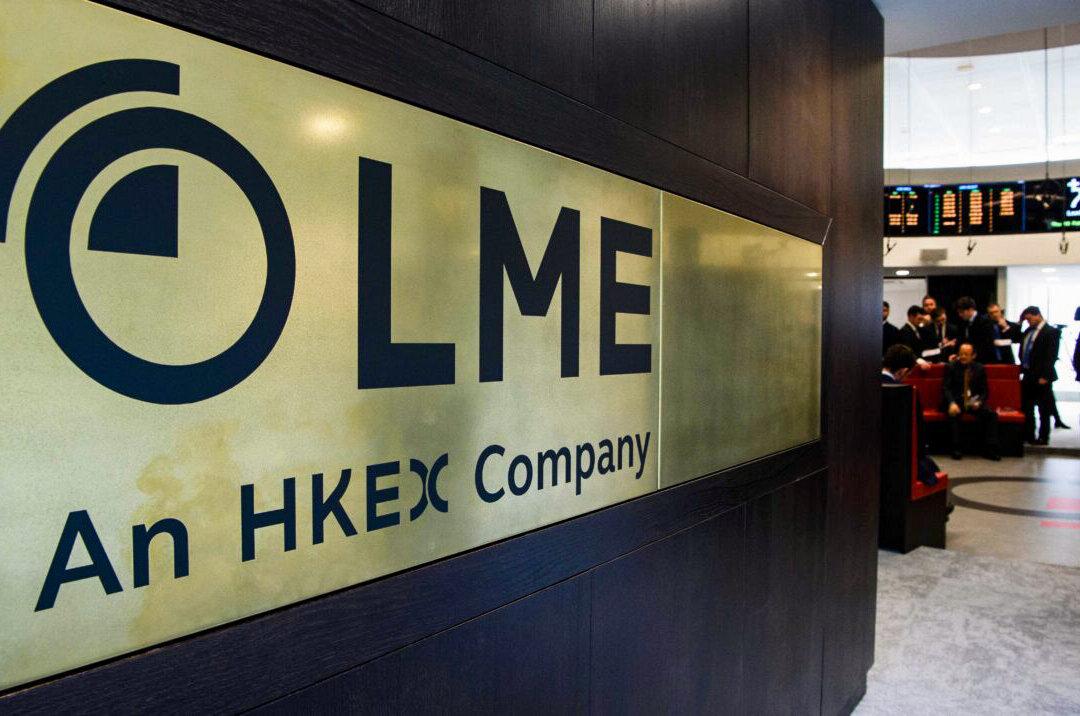The London Metals Exchange (LME) said it was forced to cancel all nickel trades on March 8, after the contract spiked as much as 111 percent to more than $100,000 per tonne, before trading was halted.
The LME said the halt was due to the conflict Ukraine as well as the low-stock environment and high pricing volatility, and that the “current events are unprecedented,” adding that it was working to ensure the orderly functioning of the market.





